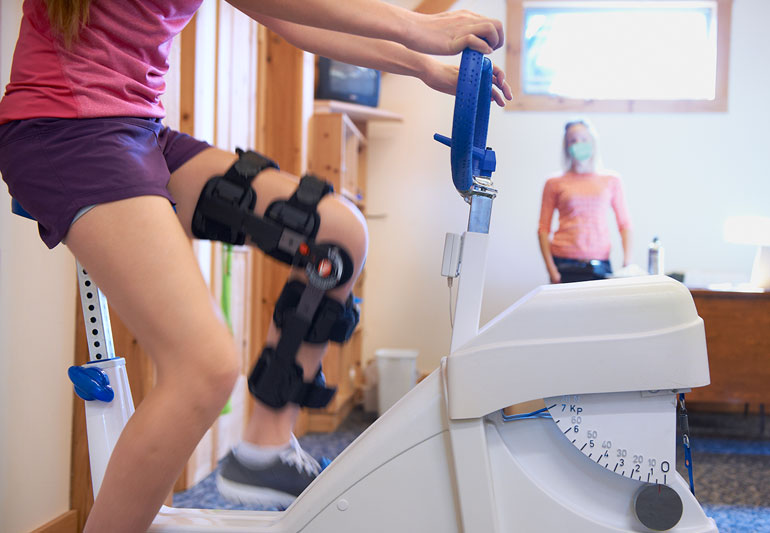Can you still get measles even after being vaccinated?

Measles is an acute respiratory viral infection that is highly contagious but can be prevented easily by the measles vaccine. It results in skin rashes and symptoms similar to the flu. The disease is spread via droplets from the nose, mouth, or throat of the infected person. It’s more common in children but can affect people at any age when exposed to the virus.
If you have received the measles vaccine in childhood and are wondering whether measles can attack you or not, the answer is “it’s possible.” Yes, the measles vaccine works effectively, but only when you have taken all three doses as per the vaccination chart. Wondering how it can happen and what the severity of the measles infection will be? Read this blog to find out.
How does the measles vaccine keep you protected lifelong?
The measles vaccine is given in combination with the mumps and rubella vaccinations. It can prevent the virus from attacking your body. One dose of the viral MMR vaccine provides 93% protection against measles, 97% against rubella, and 78% against mumps.
MMR is an attenuated live virus vaccine that causes mild infection with no or few symptoms in your body. It exposes your immune system to the antigens after the MMR vaccine, which are then identified and killed by it.
When is the measles vaccine administered?
Your child must get the first dose of the measles vaccine at 9 months, the second dose at 15 months, and the last one between 4-6 years. Make sure to keep a minimum gap of 8 weeks between the third and second dose.
Missing any of these doses can be dangerous for your child in the long term. The worst complication observed is the death of the infected child.
If your child’s measles vaccination is not complete, get a catch-up vaccination as soon as possible. This will provide lifelong immunity against measles, rubella, and mumps.
Early Signs of Measles
Not getting a measles vaccination means you have to identify the disease at its early stage when infected, or else a delay will occur in taking proper action. However, the symptoms take time to appear after exposure to the virus. Some of the signs you will see in your child with measles infections include:
- Rashes on the face and upper part of the neck (sometimes on the whole body skin)
- High fever
- Running nose
- Red and watery eyes.
- Small white spots inside the cheeks
In unvaccinated people, the worst complications can be deadly or can be any of these:
- Blindness
- Encephalitis
- Diarrhoea
- Ear infection
- Pneumonia
Are measles vaccines 100% safe?
Measles infant vaccines are completely safe as they cause no harm to the body. However, the following side effects have been observed in the vaccinated baby:
- Soreness or swelling on or near the vaccinated spot
- Fever
- Minor rashes
- Joint pain or stiffness in the joints
Despite that, not everybody is equal and can respond negatively to the measles vaccination.
Who should avoid getting the measles vaccine?
Don’t worry if your baby is not showing good signs after the first dose of measles vaccination. Consult your doctor and ask what precautions to take to avoid further complications. The following people must not take the measle vaccine:
- If the first dose of the measles vaccine has led to an allergic reaction, avoid the rest of the doses.
- Pregnant women and those who are planning to get pregnant soon should also avoid the measle vaccine.
- People with a weak immune system
- Had undergone a blood transfusion recently.
- Suffering from tuberculosis
- Have taken any other vaccines in the previous four weeks
- Having any other immune system-related disease, such as HIV/AIDS,
- Getting radiation or drug treatment for the cancer
Conclusion
All it takes is one single individual infected with measles to get on a plane or a bus. And if that person sits next to you and shares an elevator or any other enclosed space for an extended period, you too could become infected. Make sure that you know your vaccination status before traveling. It’s better to be safe than sorry.




